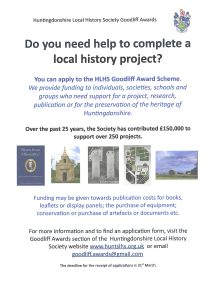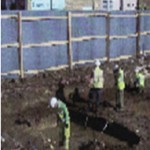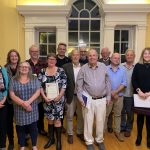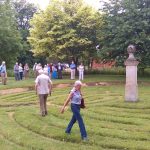 The Society was founded in 1957 to promote interest in the local history of Huntingdonshire and throughout the year provides a programme of lectures, events, excursions and publications.
The Society was founded in 1957 to promote interest in the local history of Huntingdonshire and throughout the year provides a programme of lectures, events, excursions and publications.
Our next event is a Guided Visit to Kings College, Cambridge, on the 16th January. See Future Events for more information
GOODLIFF AND FAMILY HISTORY AWARDS 2026
The Society is now accepting applications for Goodliff and Family History Awards for 2026.
 Do you need help to complete a local history project? The Society, through the Goodliff Award Scheme, can provide funding to individuals, societies, schools and groups who need support for a project, research, publication or for the preservation of the heritage of Huntingdonshire.
Do you need help to complete a local history project? The Society, through the Goodliff Award Scheme, can provide funding to individuals, societies, schools and groups who need support for a project, research, publication or for the preservation of the heritage of Huntingdonshire.
Funding may be given towards publication cost for books, leaflets or display panels; the purchase of equipment; conservation or purchase of artifacts or documents etc.
for more information and how to apply, go the the Goodliff Awards Tab, or click on the image.
 Lectures: The Society organises lectures on a monthly basis throughout the winter months. Lectures are generally linked to Huntingdonshire history with subjects that range from archaeology to aviation.
Lectures: The Society organises lectures on a monthly basis throughout the winter months. Lectures are generally linked to Huntingdonshire history with subjects that range from archaeology to aviation. Each year the Society makes awards to projects supporting the preservation of the history of Huntingdonshire.
Each year the Society makes awards to projects supporting the preservation of the history of Huntingdonshire.


